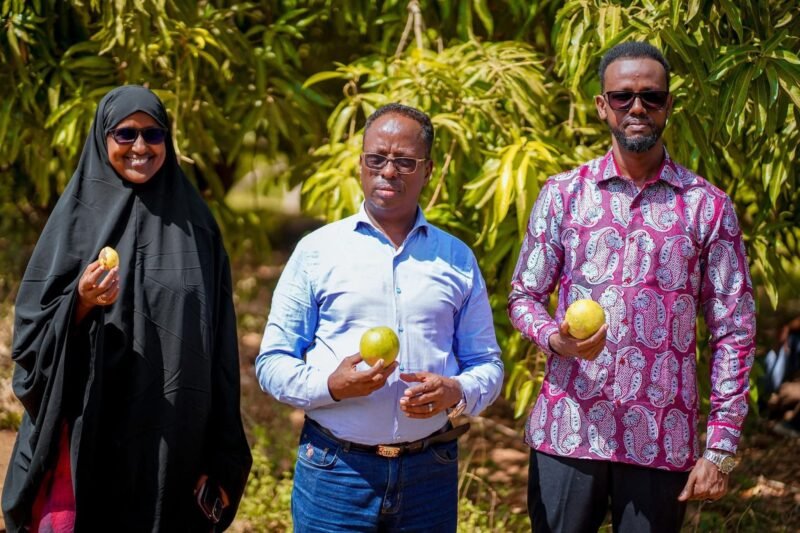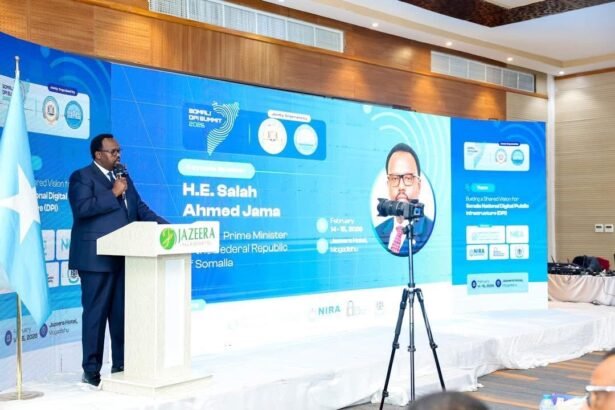Mogadishu, Somalia — Somalia has expressed strong support for WhatsApp’s latest crackdown on scam-linked accounts, following Meta’s announcement that over 6.8 million fraudulent accounts were removed in the first half of 2025. While the majority of the scams originated in Southeast Asia, authorities in Mogadishu say the ripple effects have been felt across the Horn of Africa, including Somalia.
Meta, WhatsApp’s parent company, revealed that many of the banned accounts were tied to organized crime syndicates involved in large-scale fraud operations, some of which rely on forced labor. These groups often target users across Africa through phishing messages, fake investment schemes, and social engineering tactics.
The timing of the announcement coincides with WhatsApp’s introduction of new anti-scam features. These include real-time alerts when users are added to unfamiliar group chats — a tactic frequently used by scammers to spread malicious content or lure victims.
WhatsApp is among the most widely used communication platforms in Somalia, especially for business, family connections, and diaspora engagement. However, its popularity has also made it a prime target for fraud.
Cybersecurity experts in Mogadishu urge citizens to remain vigilant.
The Somali government is also working on strengthening digital literacy and promoting cybersecurity awareness, especially among vulnerable groups such as youth and small business owners. Meanwhile, Somali diaspora organizations have applauded Meta’s efforts, saying many overseas Somalis have fallen victim to WhatsApp scams involving fake charities and money transfer frauds.
As Meta continues its global campaign to dismantle digital fraud networks, Somalia is positioning itself as a regional partner in the fight against cybercrime, recognizing that trust in digital communication tools is essential for economic and social development.




